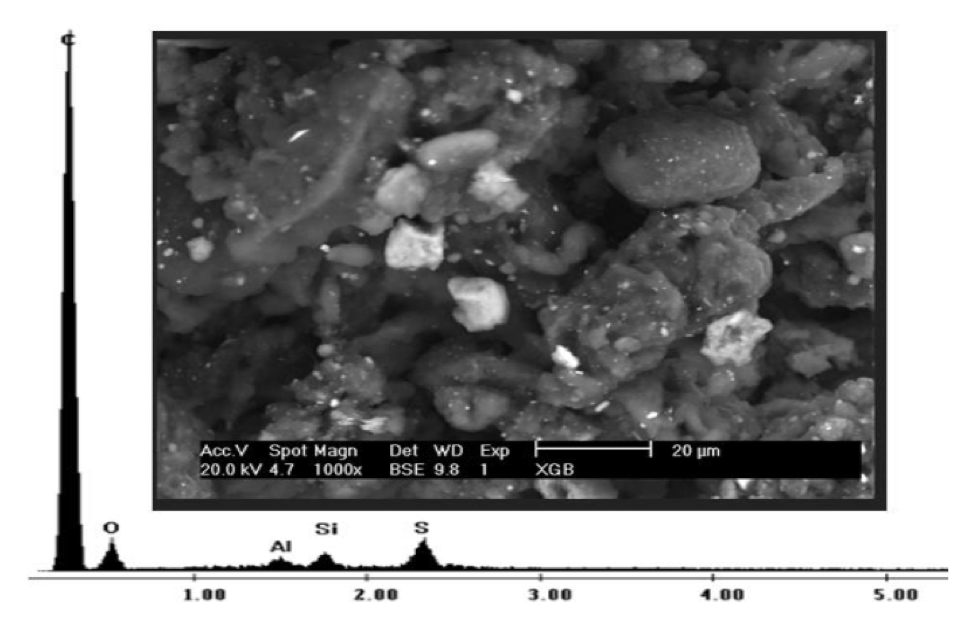 |
|
The experimentally obtained biodiesel from used vegetable oil is used as an alternative energy source that has been synthesized from reactions directed by a solid acid catalyst. The solid acid catalyst was prepared by sulfonating rubber from rubber for used tires. For the realization and analysis of biodiesel tests in the internal combustion engine, an experimental design was applied in which the type of biofuel feed was used as the main control, namely pure commercial diesel (DIEP), a mixture of 50/50% biodiesel-diesel (MEBD) and pure biodiesel (BIOP). The performance values and the emission and combustion characteristics of the fuel feed were investigated and compared under the same experimental conditions. During gas combustion, a considerable reduction of CO, unburned hydrocarbon and NOx emissions was achieved by using BIOP obtained in the laboratory compared to DIEP.
Keywords: Biodiesel, Used Oil, Sulfonation, Catalyst, Atmospheric Emission.
|
|
 |

